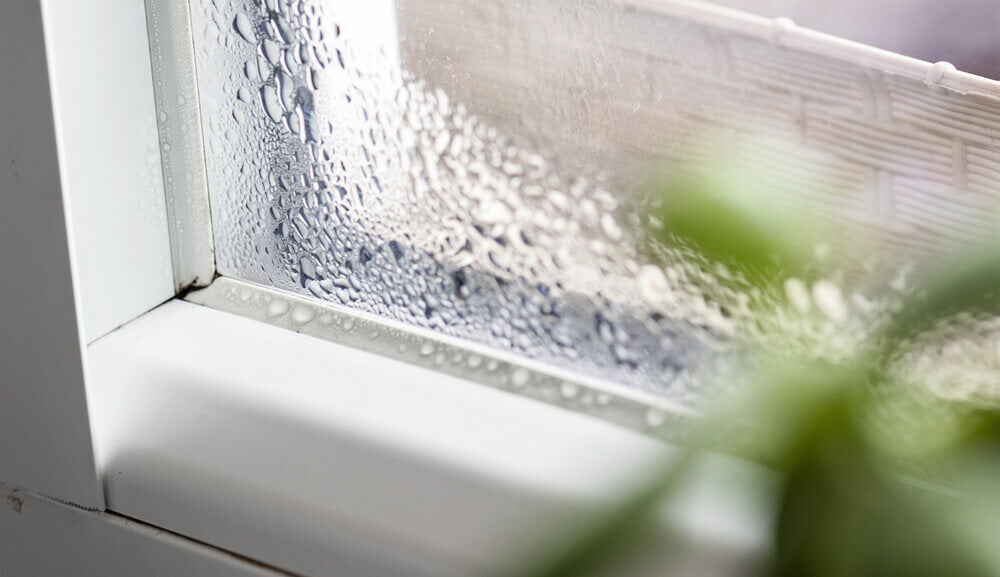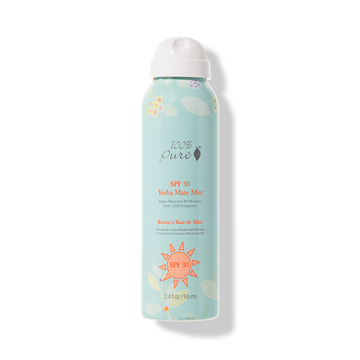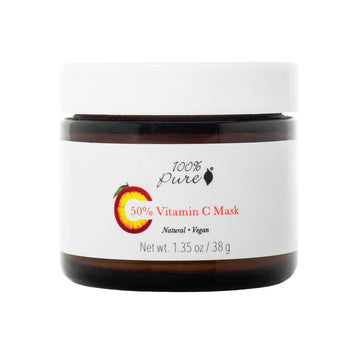Exploring what “normal skin” means and how to nurture it
Written by: 100% PURE ®
If you’re a fan of skin care, it’s very likely you’ve encountered the subject of skin types. There are those of us with oily or acne-prone skin, dry skin, and even a combination of skin types — aptly dubbed “combination skin”.
And then, there’s the unicorn skin type: normal. This is skin that’s prone to neither acne nor dryness and stays consistently flawless. Right?
As we’ll discuss in this blog, everyone has their own set of priorities for their skin. All skin types need special care. While we’ve explored all of the skin types here, for now, we’re taking a more in-depth look at normal skin.
Let’s talk about the ideal type of skin care that’s needed for so-called “normal” skin types. But first, let’s try to define it.
So what exactly is normal skin, and is it really normal? To answer this question, it may actually help to understand what it isn’t. It’s neither dry nor oily, and sensitivity is rarely an issue.
Those with normal skin types tend to experience balanced oil levels. That means that their skin rarely experiences breakouts. When it does happen, they’re typically minor. For people with normal skin types, dryness may be a rare issue. Their skin stays nice and calm even after cleansing.
But here’s the thing: normal skin doesn’t mean “perfect” or “problem-free” skin. According to dermatologists, the term “normal skin” simply means a skin type with no major problems, like rosacea or severe sun damage.
In fact, some experts avoid the phrase “normal skin” altogether. That’s because it may lead individuals to conjure up the idea that routine care isn’t necessary for those with normal skin types. After all, why mess with a good thing?
But in actuality, normal skin requires just as much care as oily, dry, or combination skin. It’s simply the type of care that varies.
So what do normal skin types need, then? Read on to find out!

Normal skin types aren’t as prone to issues like acne or a dried-out dermis. However, that doesn’t mean your skin only requires minimal care.
People with normal skin types should still use a daily cleanser that’s gentle on the face, but effectively cleanses the skin of dirt, sweat, makeup, and sunscreen. Daily cleansing helps prevent the onset of bacteria and clogged pores, so this is an important everyday step.
And as with any skin type, it’s important to protect your skin from photodamage caused by the sun. You can accomplish that with daily use of an SPF, wearing a hat, and staying in the shade whenever possible.
And while it may be tempting, don’t ditch the moisturizer. It may feel like an unnecessary step if your skin is rarely dry. However, the daily use of a good moisturizer is going to help protect your skin from environmental damage while maintaining its moisture barrier. And this type of balance is key to keeping our skin healthy as we age!
It’s also helpful to give your skin some antioxidants. Antioxidants help prevent the free radical damage that can lead to premature aging. Luckily, there’s no shortage of antioxidant skin treatments out there, whether it’s a serum, like our Multi-Vitamin + Antioxidants Potent PM Serum, or masks like our Vitamin C Mask.
Of course, make sure to eat plenty of antioxidant-rich foods, as well. Great choices include berries, grapes, dark leafy greens, green tea, and dark chocolate.
At the beginning of this article, we briefly touched on the fact that normal skin is often characterized by a lack of sensitivity or reactions to certain ingredients. So, does this mean you can put anything on your skin? In short, no.
Luckily, the products to avoid are often a matter of common sense. That’s because it often comes down to ingredients no one really needs on their skin, particularly irritants.
Ultimately, those with normal skin should avoid irritants including (but not limited to) denatured alcohol, isopropyl alcohol, sodium lauryl sulfate, and mineral oil.
Now that we’ve talked about what defines the “normal” skin type and how to take care of it, let’s address the elephant in the room: you might not fall under the “normal” skin type. And we’re here to tell you that not having normal skin is, well, normal.
This is often a difficult idea to grasp in our society. We’ve often been taught that we have acne because we don’t wash our face enough, or that we have oily skin because of our diet. This can be incredibly misleading.
Now, of course, issues in the skin can indicate issues in the body. For example, some of us tend to break out when we’re under a lot of stress. But the idea that the skin shouldn’t be anything but matte and clear, and that pores should only be small is rather ridiculous.
Pimples, oil, and occasional dryness are all a part of the skin regulating itself. That’s why when we practice skin care, we should approach it not with a desire to erase all issues and make our skin “perfect”, but rather to help support an already perfect part of ourselves.
We carefully hand-select products based on strict purity standards, and only recommend products we feel meet this criteria. 100% PURE™ may earn a small commission for products purchased through affiliate links.
The information in this article is for educational use, and not intended to substitute professional medical advice, diagnosis, or treatment and should not be used as such.




